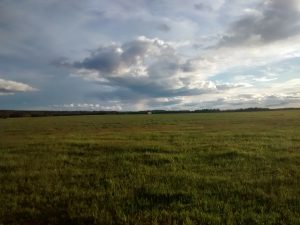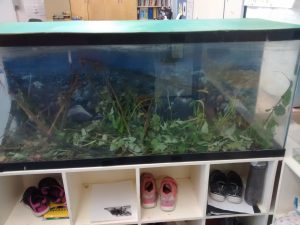Week 3 of CFE: Learnings and Take Aways
Well, we have reached the end to another amazing experience. I feel so fortunate and lucky to have experienced the rural life in Vanderhoof. From horseback riding to cattle driving, it has been a fantastic experience! I have met many genuinely kind and helpful people. There seems to always be someone who is available to lend a helping hand. The connection that people have to each other in this community has been something that I have not felt before.
I have also been fortunate enough to witness some great teaching practices at the school that I was at. It was evident that the teachers and students cared and supported each other, no matter the grade or class that they were in. Building a strong school community is indeed essential in any school. This school has shown that there is power when students and staff come together as one team. Creating this strong community requires the commitment and effort by every person in the school. My experience has caused me to think about what I can do to help support the students and staff at the schools that I will be teaching in the future. My role as a teacher does not end when I leave the classroom at the end of the day – it continues through how I build my relationships with the students and staff before and after school.
I have also learned how valuable it is to expose students to the outdoors and nature. All of the teachers at the school made an effort to get their students to go outside to explore and learn from their environment. As a result, the students were more engaged and focused during times when they were in the classroom. My experience at the school has shown me that students should be exposed to their environment and nature more often during class time. I believe that students need that mental break from being indoors in a classroom all day. Students can learn so much from learning about their environment. Learning does not always have to be taken place within the four corners of the classroom or school. Furthermore, when students get those opportunities to go outside to learn, they feel more energized and ready to learn.
Overall, I am thankful that I chose to teach at a rural school. This has been an unforgettable experience!


